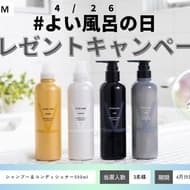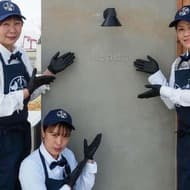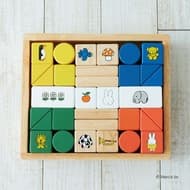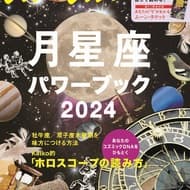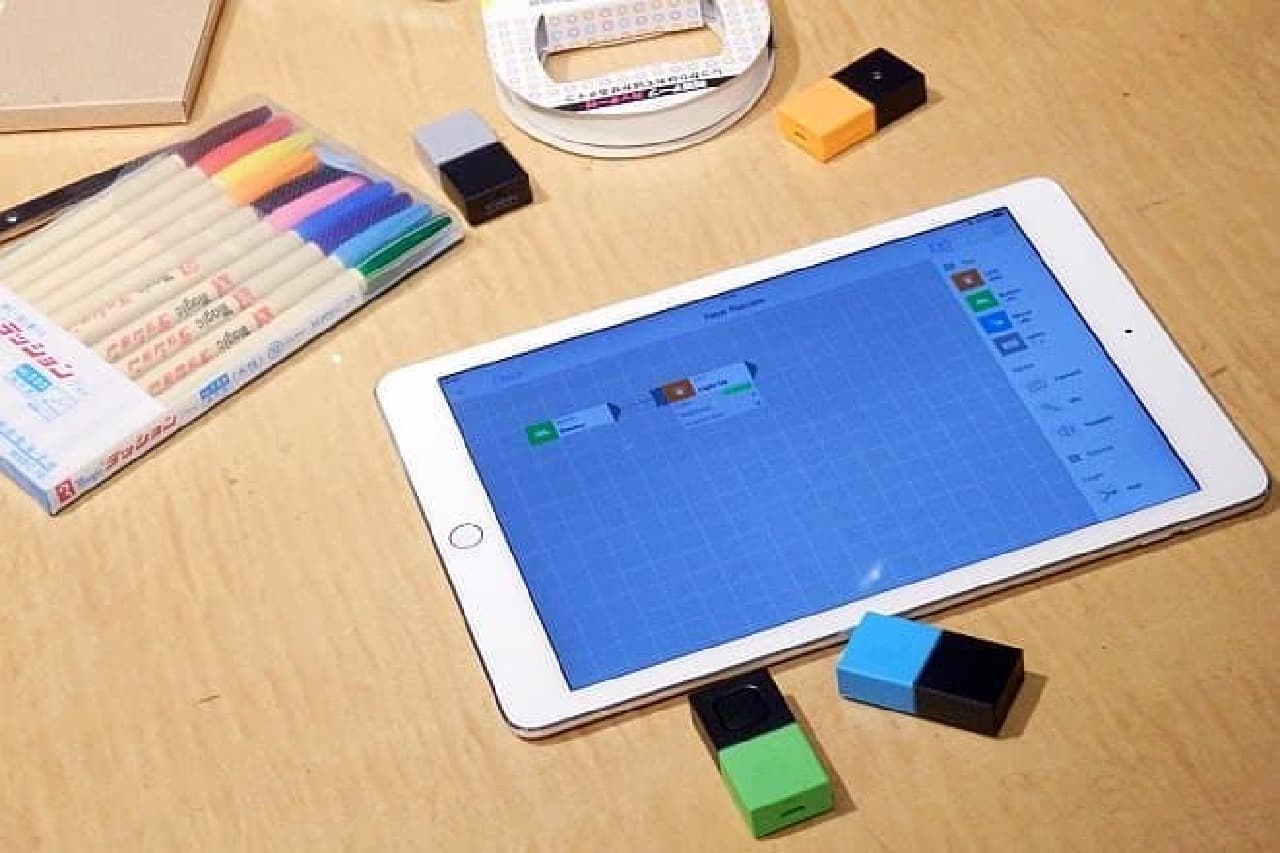
A workshop for children using the MESH was held on July 18th at Sony's hands-on science museum "Sony Explorer Science" (Odaiba, Tokyo). The author, who has been interested in MESH for a long time, will be specially interviewed.
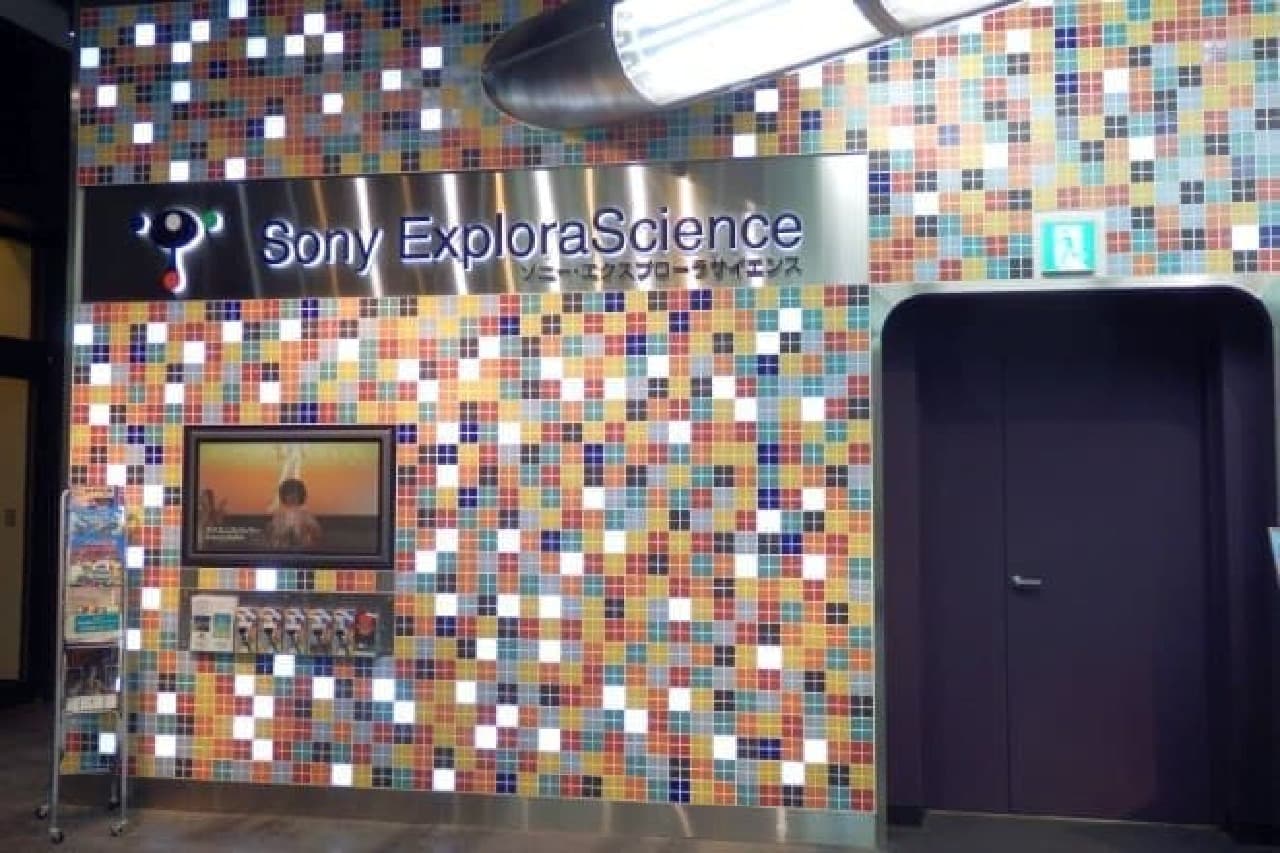
About 16 people, mainly elementary school students, participated in the workshop on this day. The program is a group of two people who actually touch MESH and think about various "mechanisms".
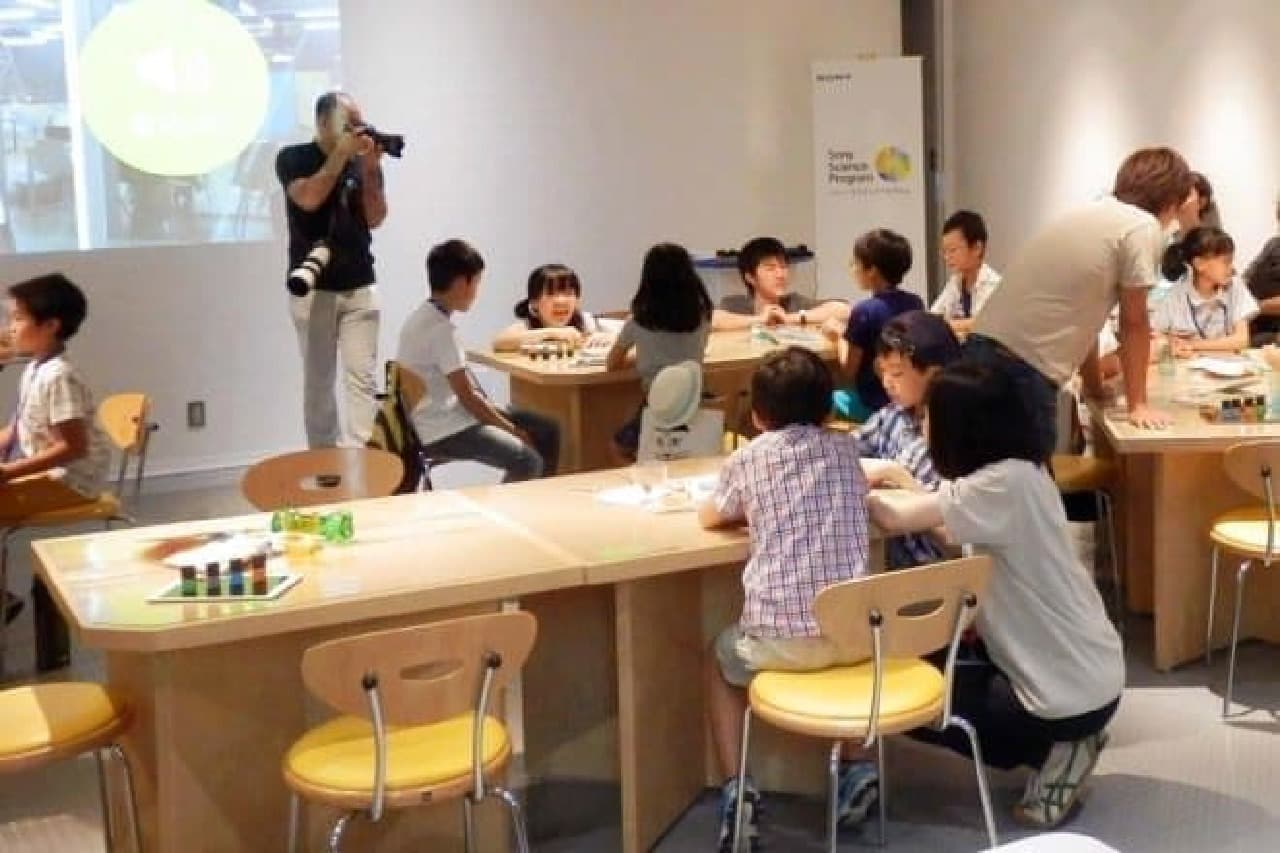
An iPad is also placed on the table, giving it a high-tech atmosphere. Even an adult writer doesn't understand how it works, but is it okay for such a small child? When I was worried about it, I heard conversations such as "I make robots on my days off." I see, everyone is a great science kids!
◆ How do you use "MESH"?
MESH has unique functions such as "motion sensor", "LED light", and "button switch", and is characterized by being easily linked on a tablet (currently only iPad). You can express your ideas as if you were drawing a picture without any specialized knowledge such as programming.
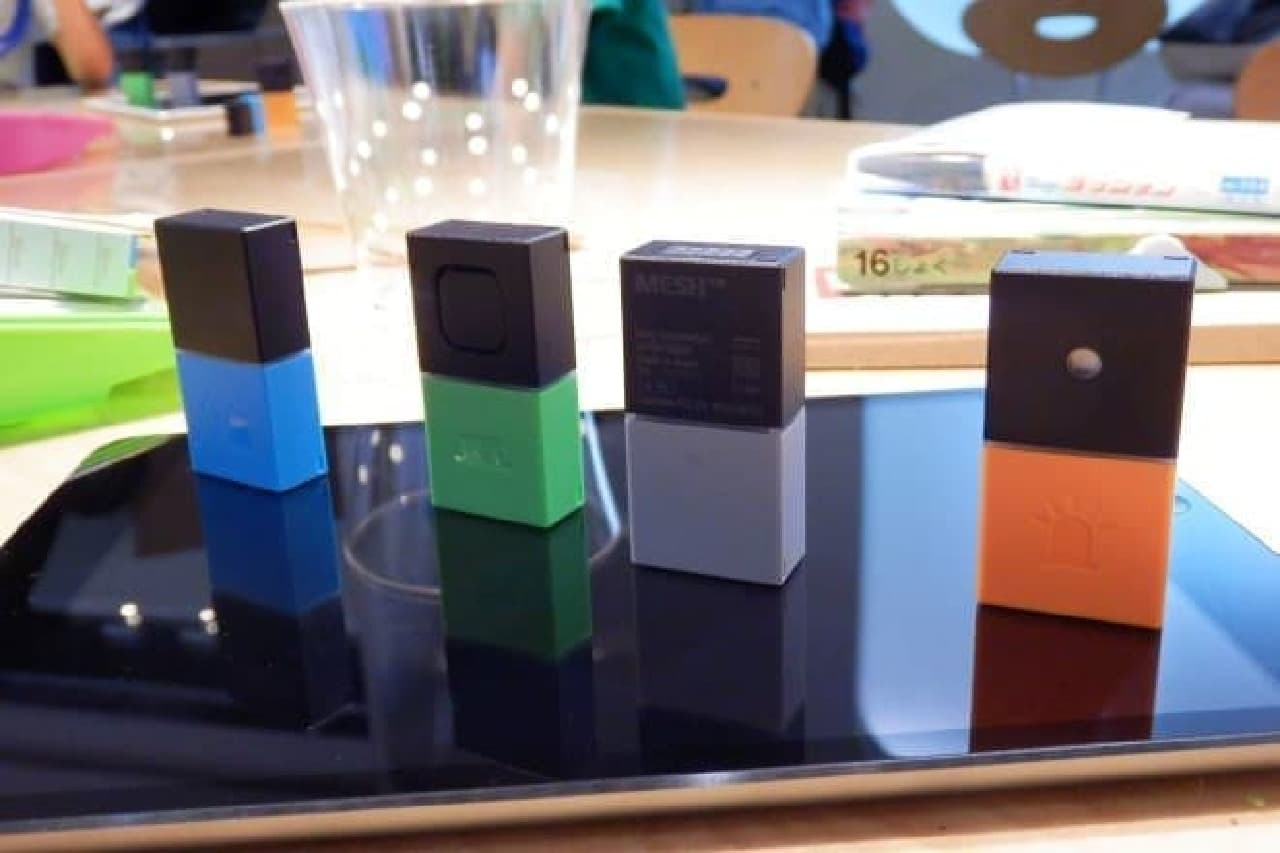
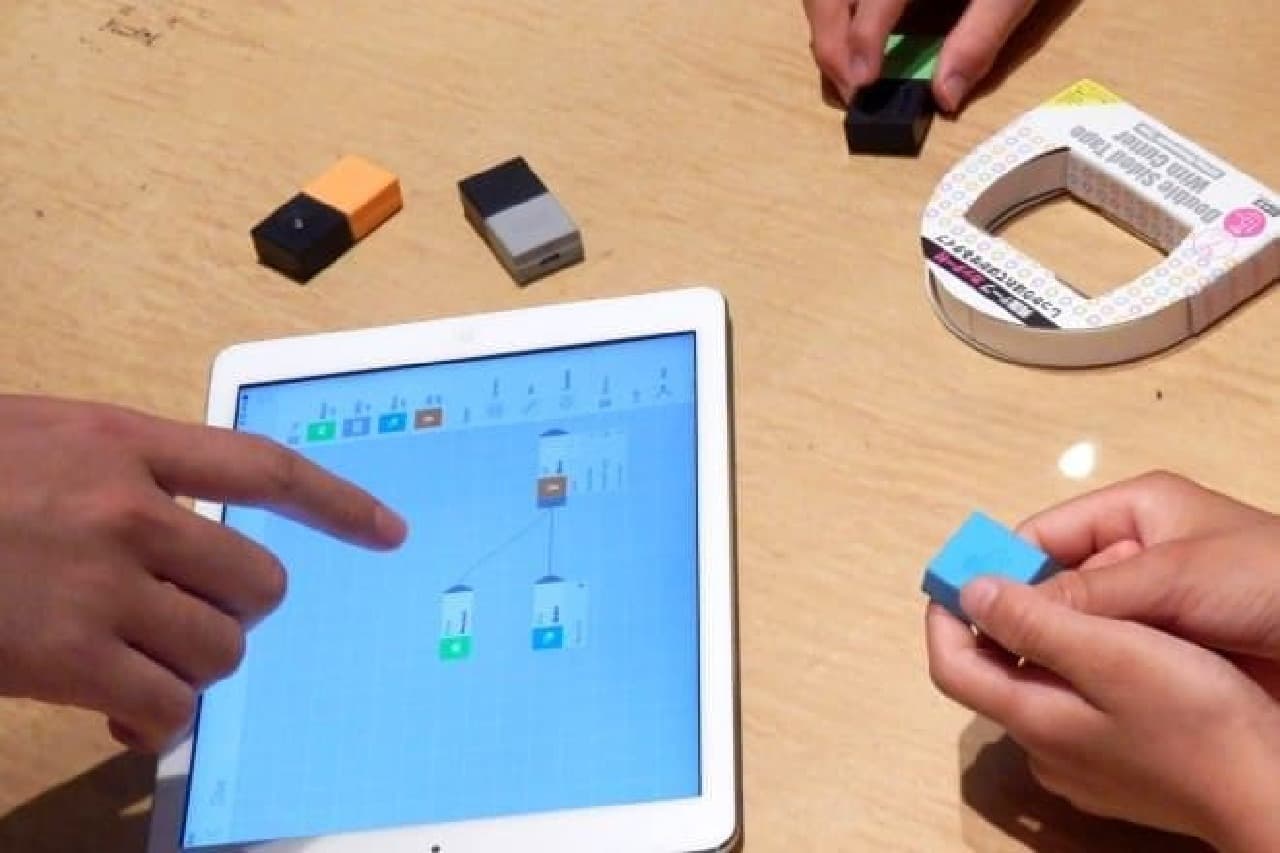
Using this mechanism, for example, you can set the orange tag to shine when the movement is detected by the light blue tag. If you apply this to your daily life, you can turn on the LED lights in a remote room by knocking on the wall of the kitchen.

◆ What should I make?
The lecturer on that day was Mr. Iimura of the development team called "Dr. MESH". At the beginning, the children seemed curious when they showed a "cup that talks about drinking water" as a model.
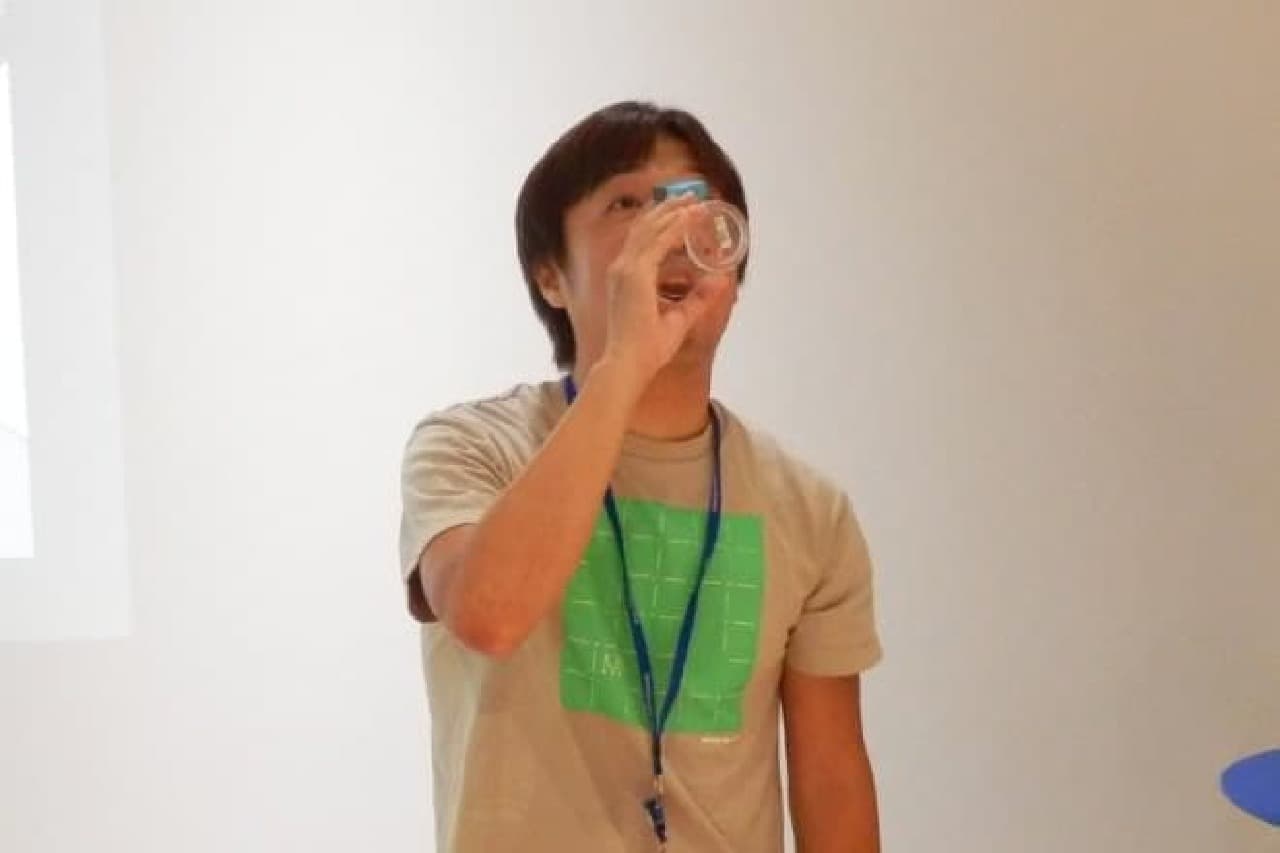
Using the gray MESH that can be freely programmed, a robot that starts a scribble when the switch is turned on is also shown. Children who are itching to try it for themselves will also move it by themselves.
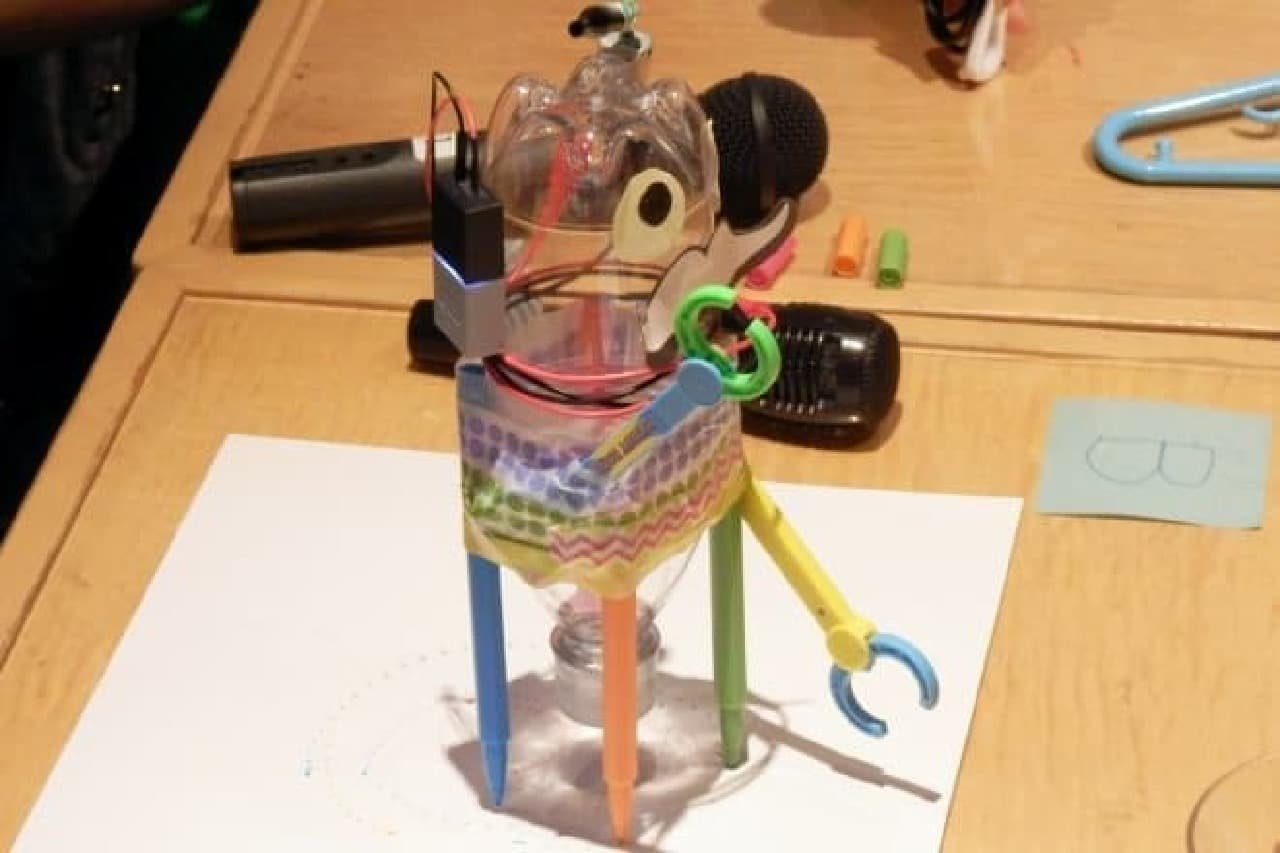
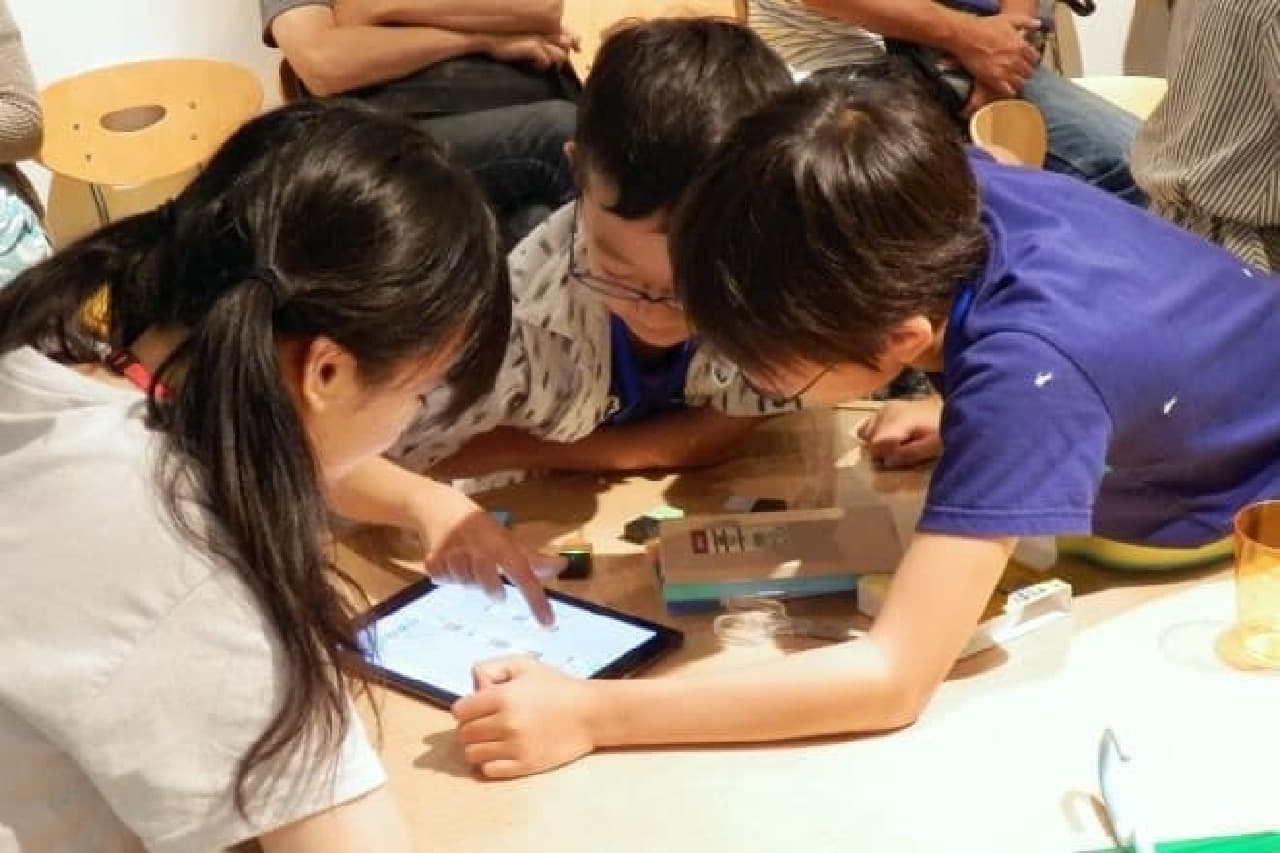
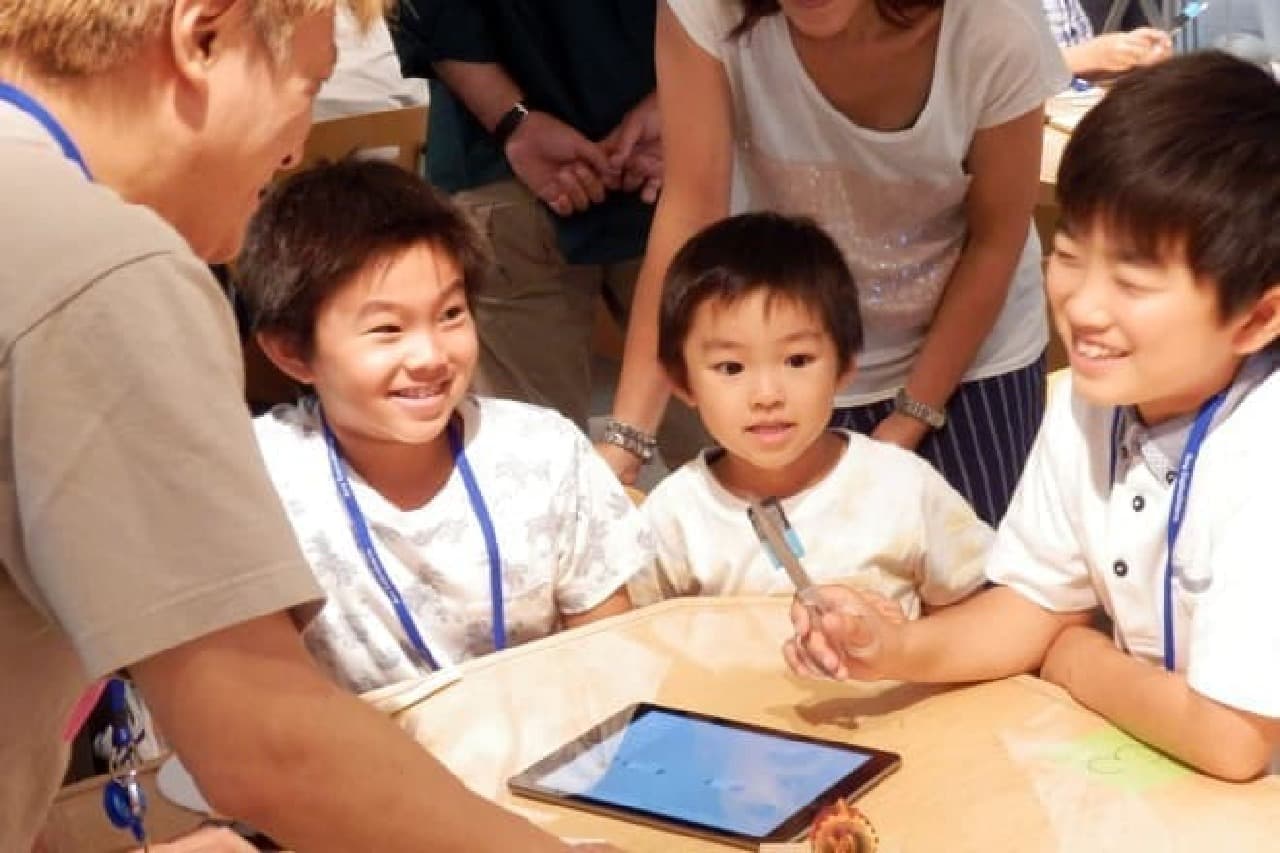
After confirming the basic operation method, you can use various daily necessities prepared at the venue and start "invention".
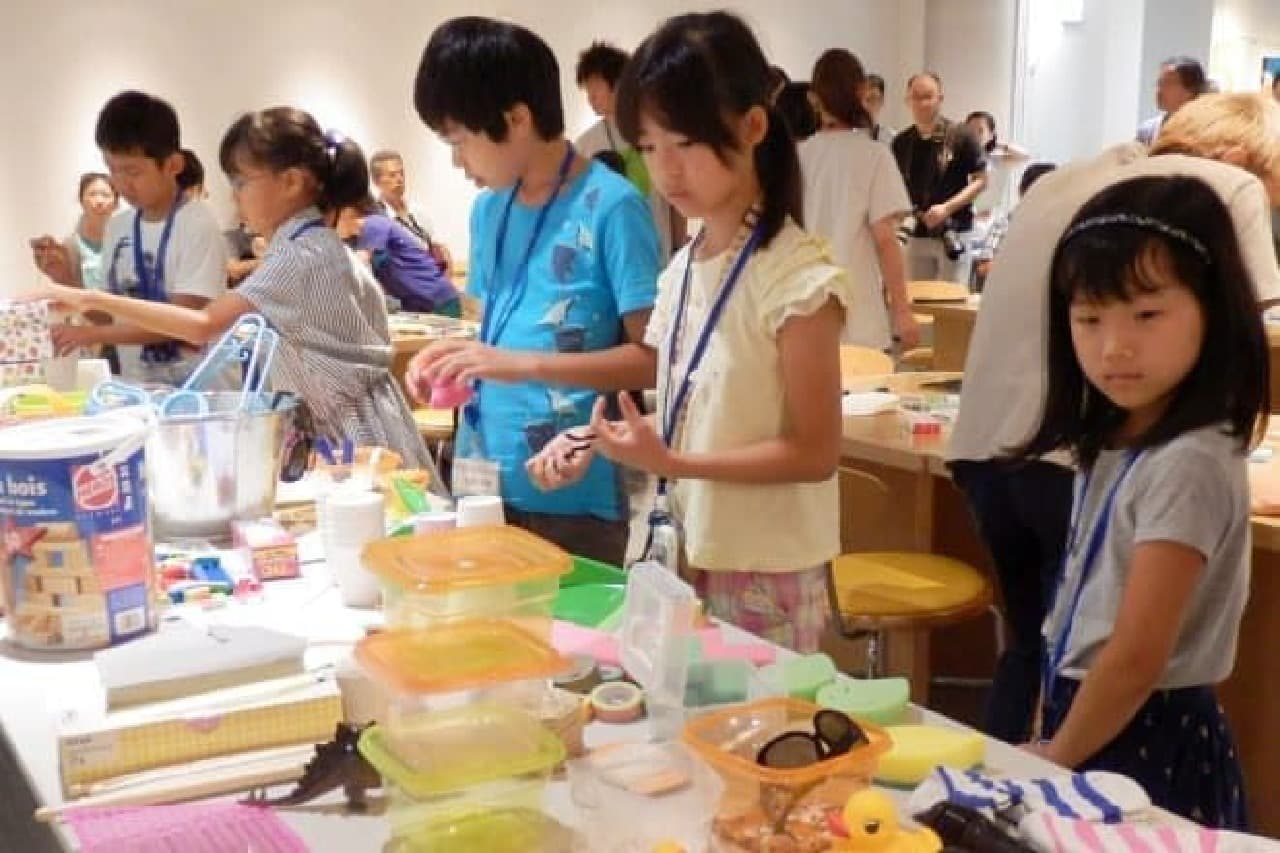
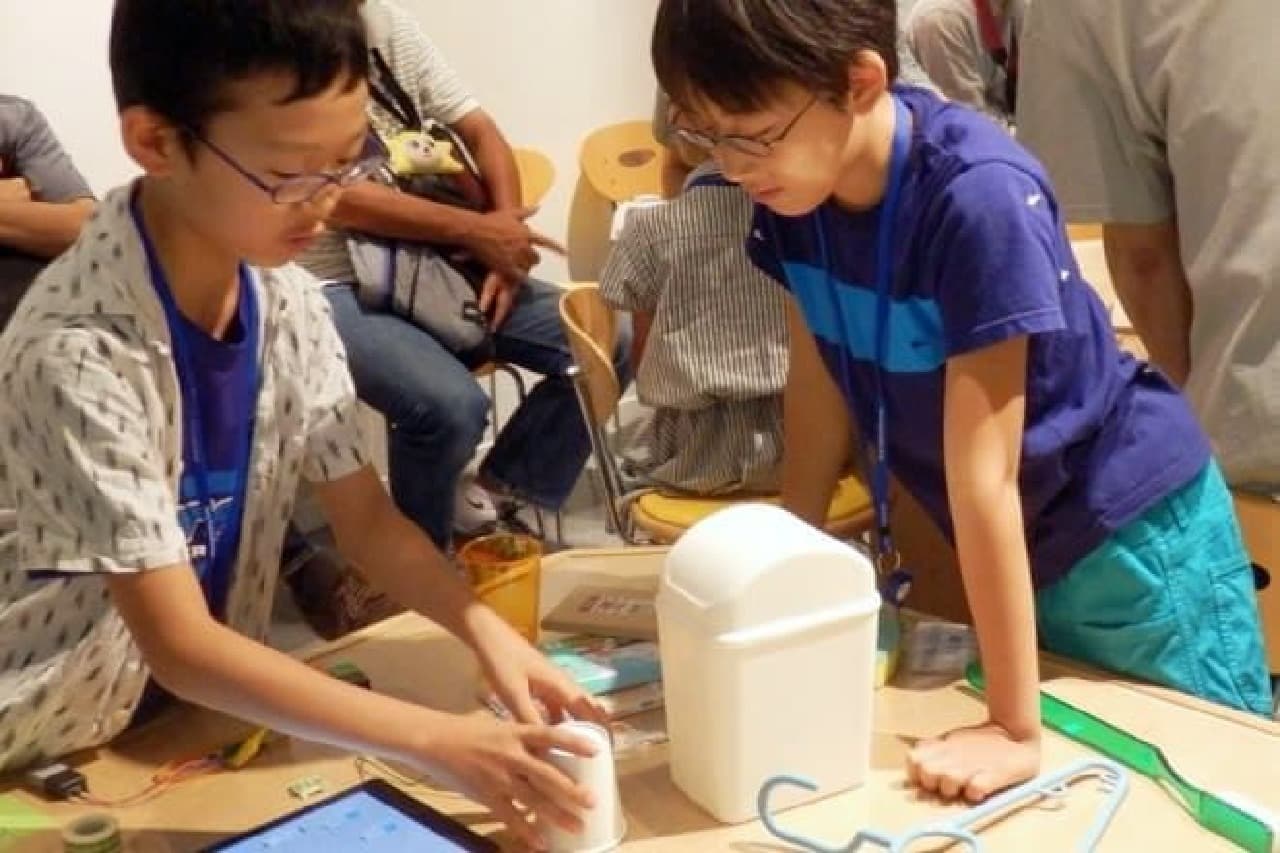
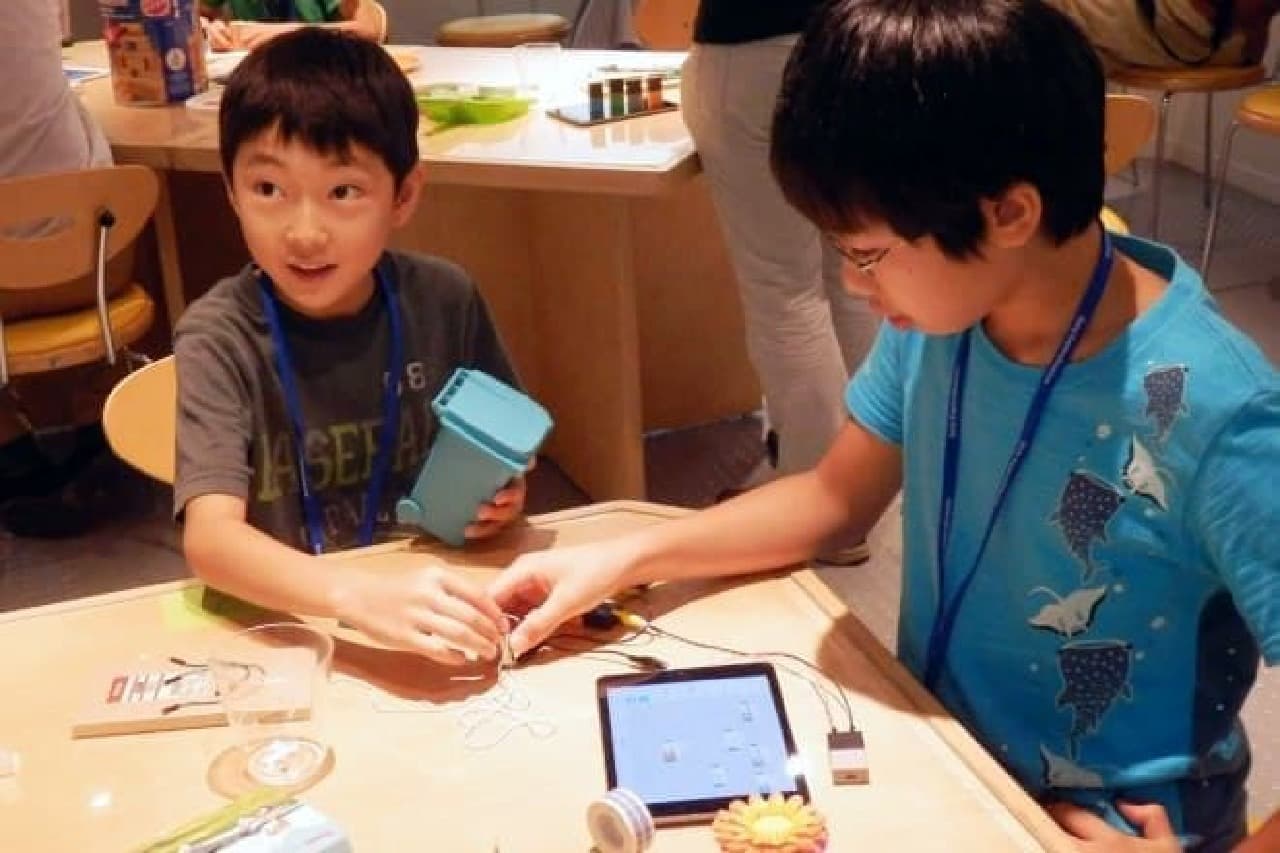
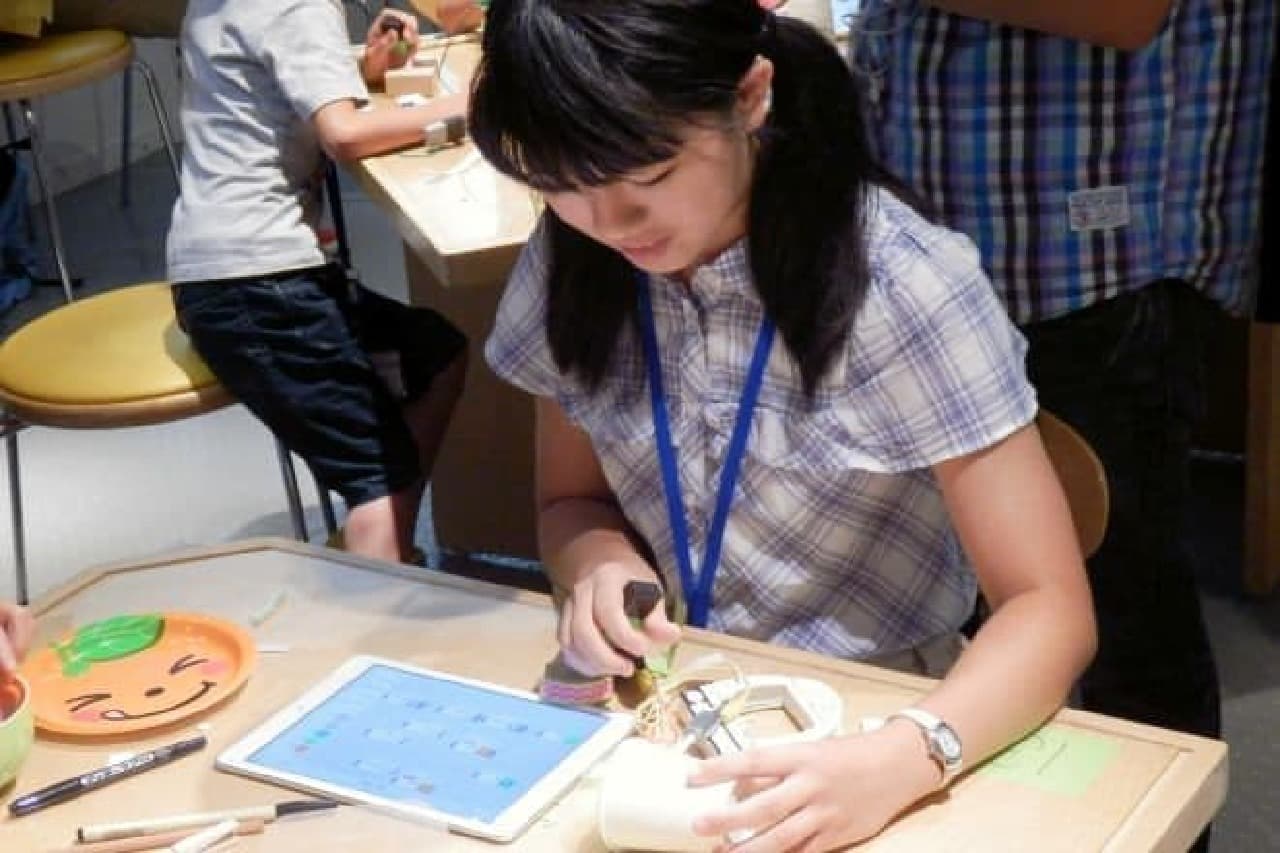
◆ Solve problems while having fun
The author felt infinite possibilities for children who are creating new things one after another from scratch. Speaking of which, I also like crafts, and I feel like I was always thinking about and playing with a mechanism like "Home Alone" (although I'm completely liberal arts now ...). By the end of the workshop, I had somehow wanted MESH.
"MESH has a simple mechanism, so it may be easier for children to adapt to it. Now, I hope that you can enjoy it with free ideas and lead to future problem-solving skills," said the science of the facility. Mr. Hatsukawa in charge of the program. It's exciting to think that today's experience may lead to big inventions in the future.
At Sony ExploraScience, various workshops are held, including the "Disassembly Workshop" taught by Sony engineers (see the website for the schedule). Why don't you come visit us to find hints for free study during summer vacation?
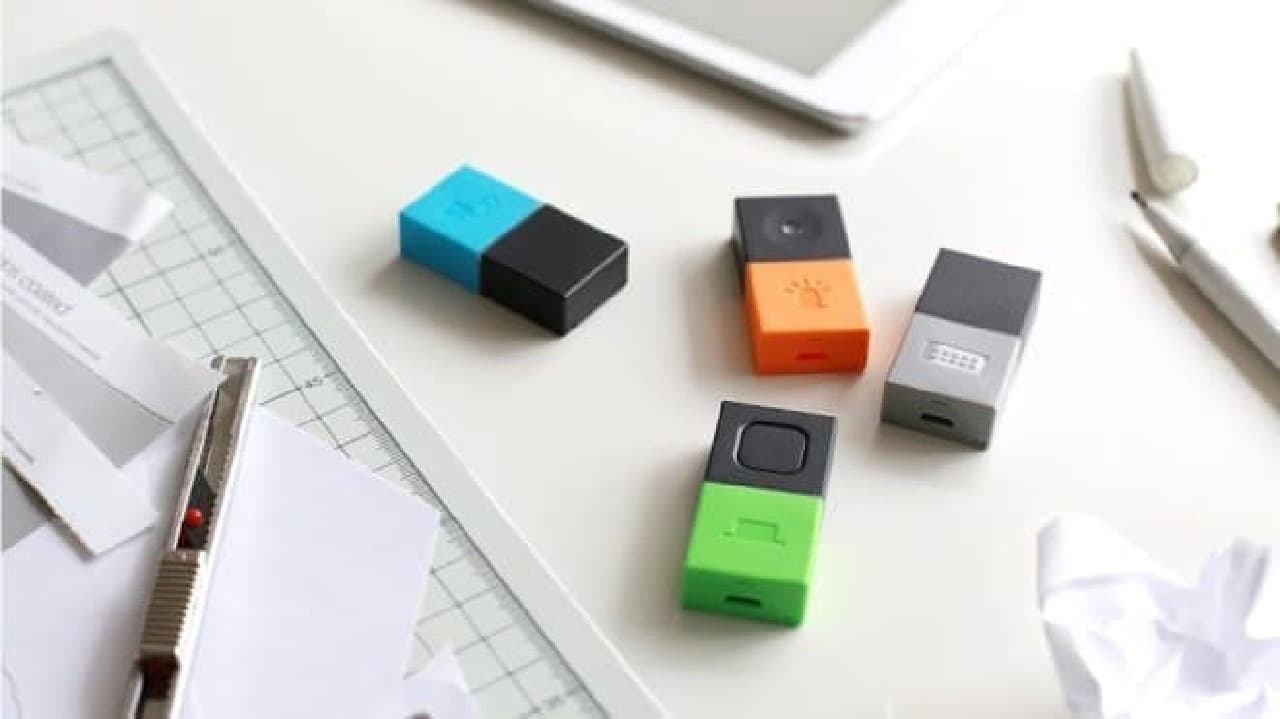
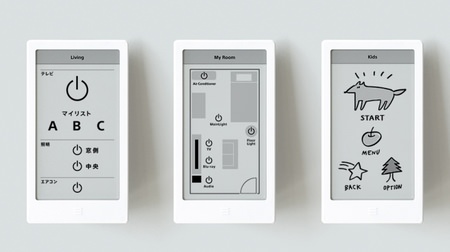

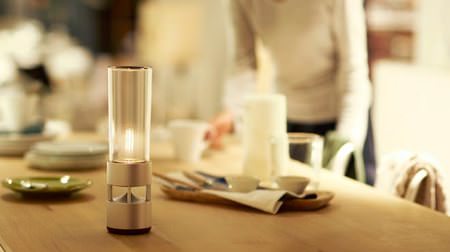

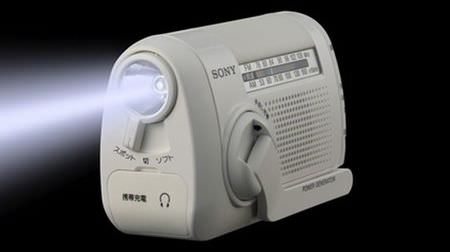





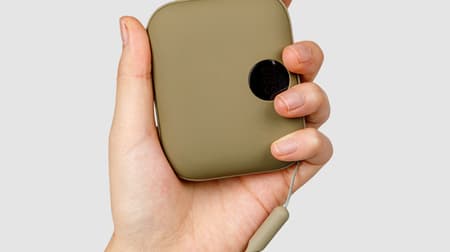
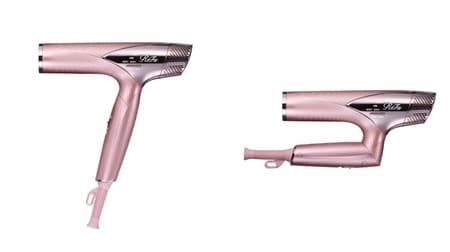
![LUSH releases new album "Collaboration Shimasu 3" on April 21 with rhyming ensemble [Monyu Sode] and a variety of guests, featuring a rich variety of songs by a wide range of artists.](https://image.enuchi.jp/upload/articles/14221/7028dd2a3fa9a2bec15a85fbf3924b56_related.jpg)
